Our Smart Cities Collaborative rolls on as cities get down to the nuts and bolts
During the third meeting of our Smart Cities Collaborative in Miami-Dade County, FL, earlier in June, our 16 member cities continued working to develop projects that harness innovation and technology to solve their transportation challenges.
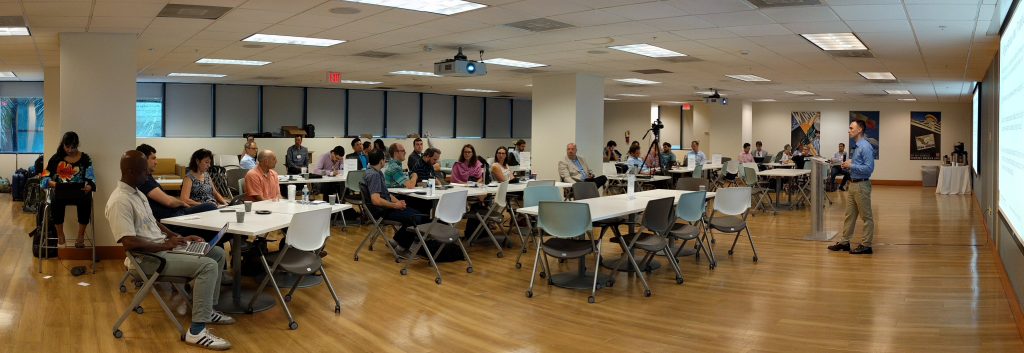
We’re just past the halfway mark of the yearlong Smart Cities Collaborative we launched last fall in partnership with Sidewalk Labs. And, thanks to support from the Knight Foundation, The Miami Foundation, and Miami-Dade County, teams from all 16 cities gathered in person for the third time to discuss their pilot projects, meet with new mobility vendors, and continue collaborating with each other as they seek to leverage new technologies to improve mobility and quality of life in their communities.
In Miami, we turned the focus back on the cities and devoted a full day to each city sharing a ten-minute presentation on their particular pilot project and action plan.
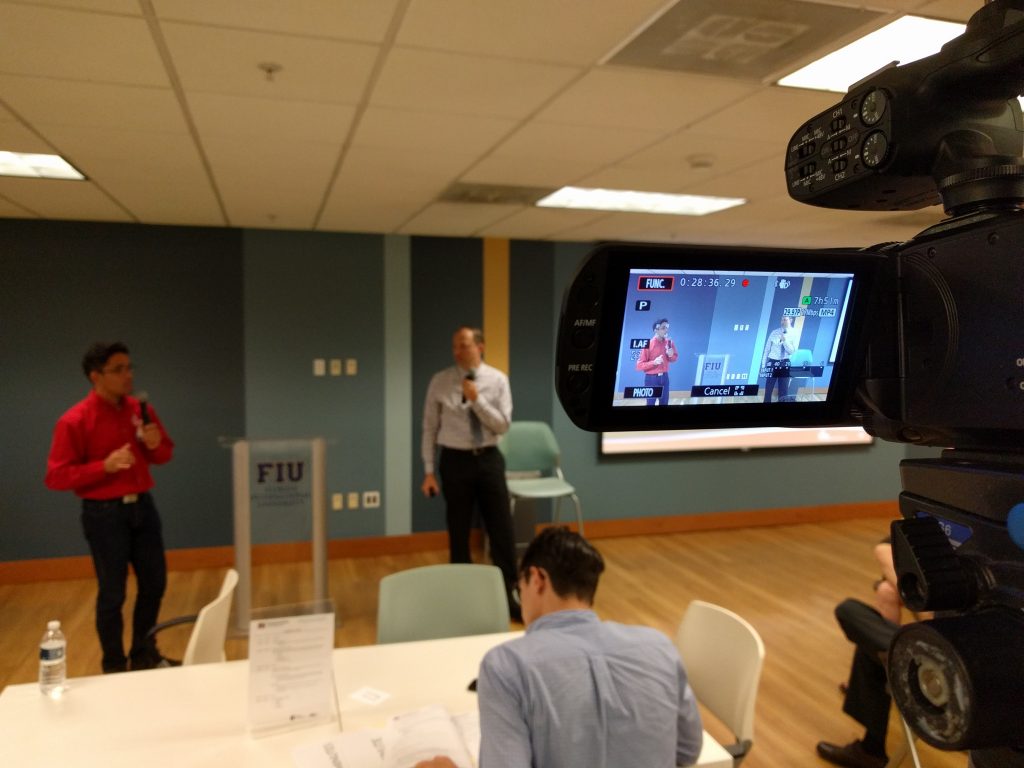
With seven months of work under their belts at this point, cities have a wealth of information to share and were eager to interact and learn from each other. Whether designing an automated vehicle pilot, experimenting with mobility hubs or improving first- and last-mile connectivity to transit, every city shared their progress and their upcoming plans. Other cities then asked questions, shared similar experiences and provided constructive criticism to sharpen those pilot projects.
In a world chock-full of conferences focused on passively listening to others discuss emerging trends, the Collaborative creates a venue for cities to actively cooperate and learn from one other in a focused way. And this full day of presentations was a golden opportunity for cities to do so.
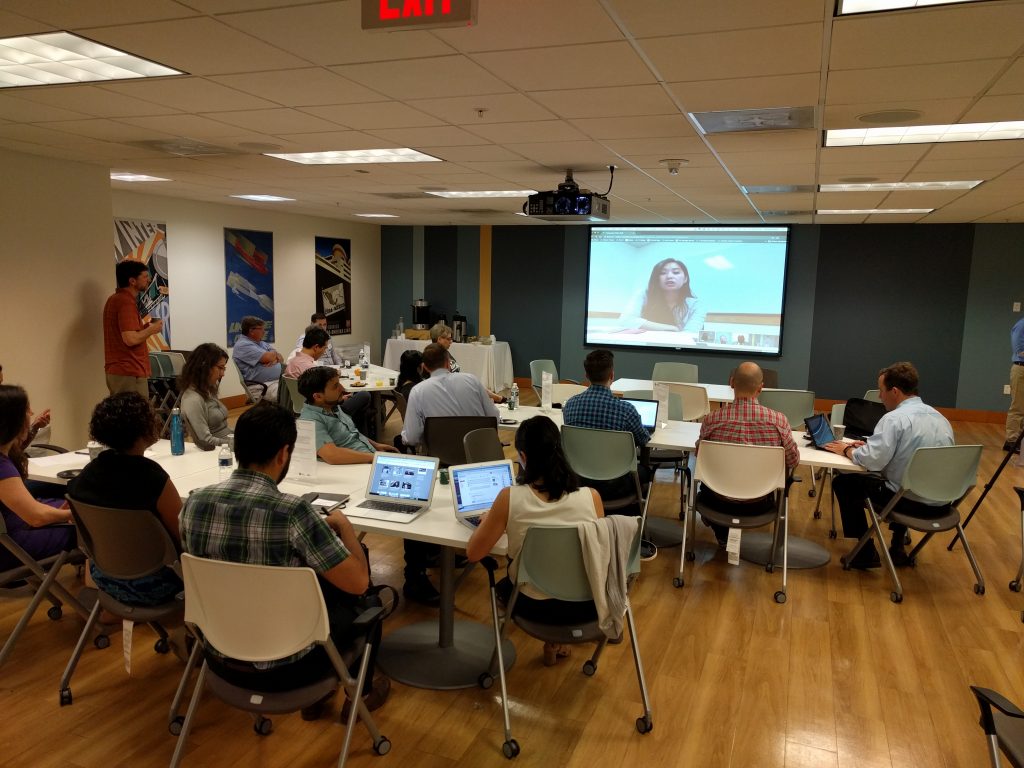
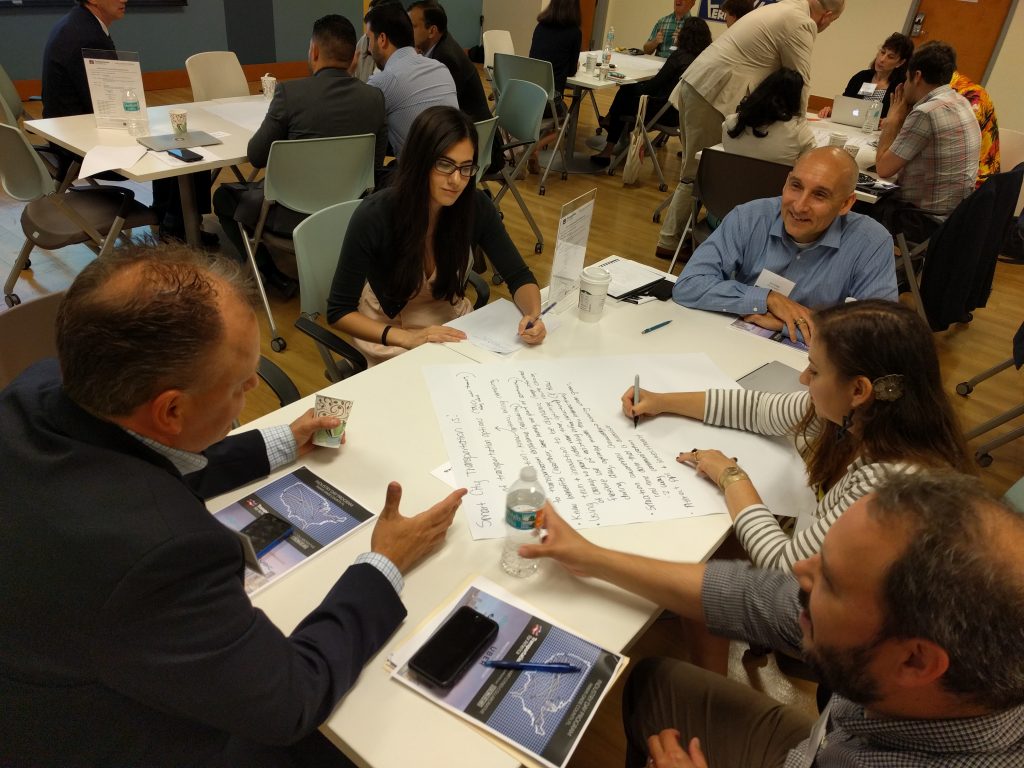
Their presentations showed us not just the outcomes they’re driving towards, but also some of the challenges they’re facing as they design and implement their projects.
One of those challenges is an ongoing struggle to develop productive partnerships with the private sector. When it comes to private companies, up to this point in the Collaborative, we’ve tried to create an environment that’s largely been free of vendors and products so cities can talk openly and determine their goals first.
But over the past few months, cities have expressed their desire to better understand the benefits and consequences of specific technologies and transportation models, how vendors operate and what their real operational capacity is and how they can craft agreements that serve their outcomes. We’ve also heard from the private sector that cities often don’t know what they want; and that they [vendors] struggle to understand government structures and processes and are frustrated by often slow and difficult procurement processes.
In an effort to bridge this gap and serve both sides’ needs, we organized an “industry day” with representatives from leading mobility and data companies like Sidewalk Labs, Uber, Cubic, Urban Insights, Ford, Via and more. More than a dozen companies joined us to discuss how they could work together to achieve shared outcomes and collaboratively shape the future of transportation.
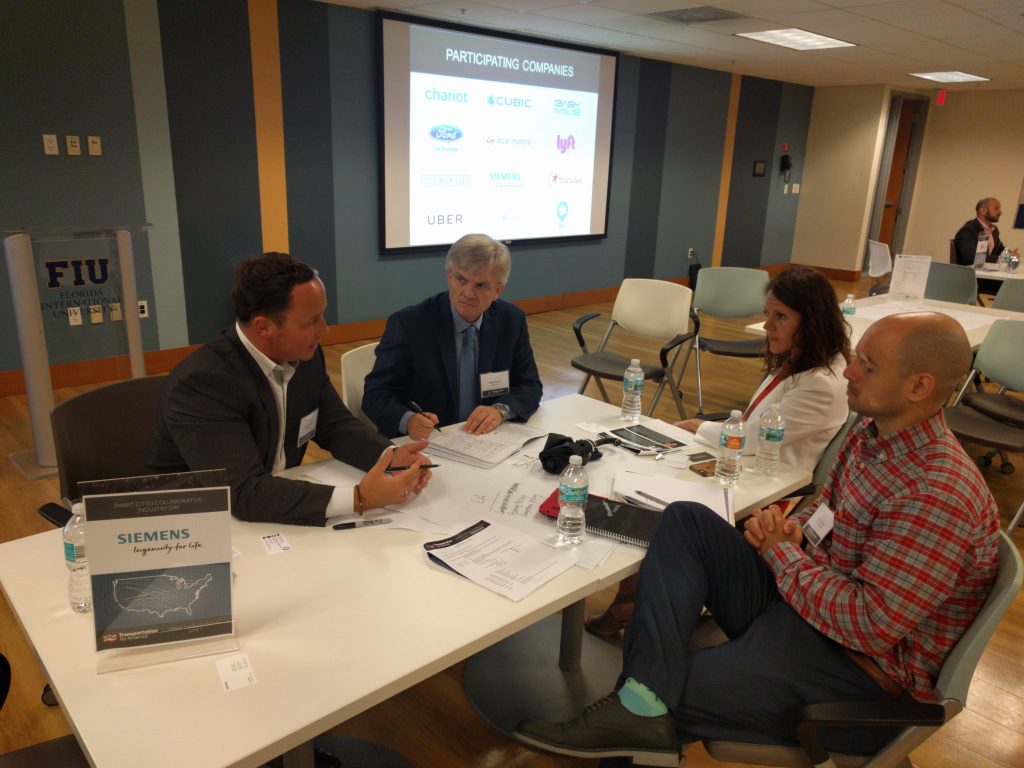
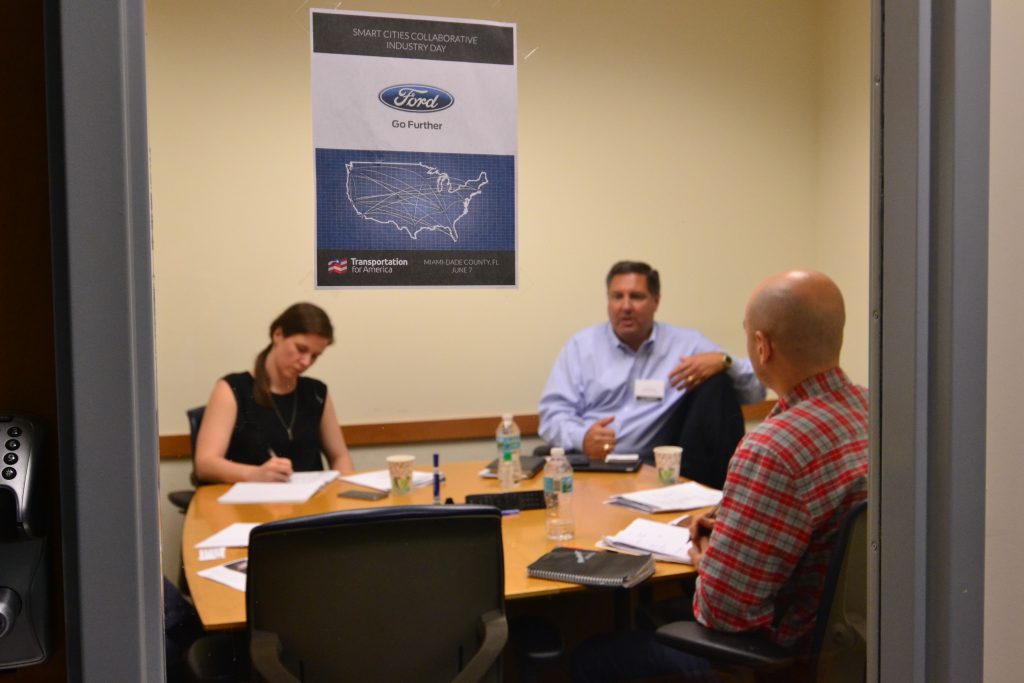
Instead of listening to another pitch deck or panel discussion, we were determined to cultivate intimate and productive conversations. To foster strong relationships between participants and vendors, we organized rotating, small groups comprised of a single company meeting with just 3-4 participants, providing a setting for them to speak openly and honestly about their respective struggles and identify where common solutions can be developed.
One city participant shared that they had a “fascinating discussion with a [private] firm about the challenges of innovating within a bureaucracy.” And another participant valued the ability to have a discussion with the vendor at the same time as other cities, describing it as a “great opportunity to engage with a bunch of companies at once and learn about each other’s desires and challenges.“
The vendors also relished the opportunity to “meet in the middle” with these cities. Sidewalk Labs, our partners in the Collaborative, participated in the industry day as well. “We benefit from understanding the real-world challenges and use cases that cities wrestle with on a daily basis, and public agencies can benefit from the technology and development capacity of their private-sector partners,” Rohit Aggarwala, the co-head of labs for Sidewalk Labs, told us after the meeting. “The best outcomes are going to occur when cities and technologists meet in the middle to address tough problems.”
—
Last summer as we launched, calling this yearlong project a “Collaborative” was an aspirational term. Almost seven months after a roomful of strangers gathered in a Minneapolis hotel and worked to break the ice in our first meeting, those same city leaders walked into a meeting room at Florida International University, greeting each other by first names with warm handshakes, catching up on the progress being made across the country and making extracurricular plans to talk further.
While it’s worthwhile to see these former strangers getting along, what really matters is how they’ve begun to treat their peers from other cities as extensions of their own teams, almost like extra staff for their own city — certainly an added benefit in a time of strained local resources. They’ve leveraged others’ knowledge, weighed in on each others’ projects, and learned from the progress (and mistakes!) made by other cities.
With everything moving and changing so fast, the decisions these cities are making will go a long way toward shaping the smart city movement overall, making their individual efforts more valuable as part of a whole to make all of our cities more affordable, connected, enjoyable, and livable places for everyone.





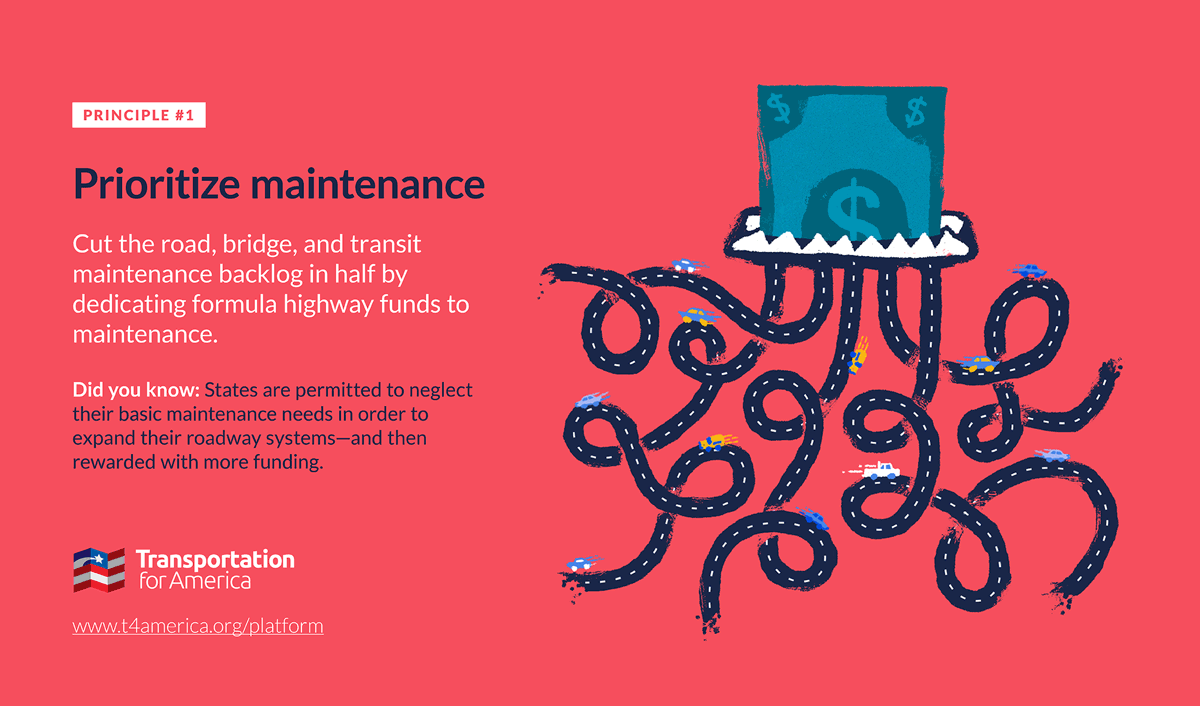














1 Comment